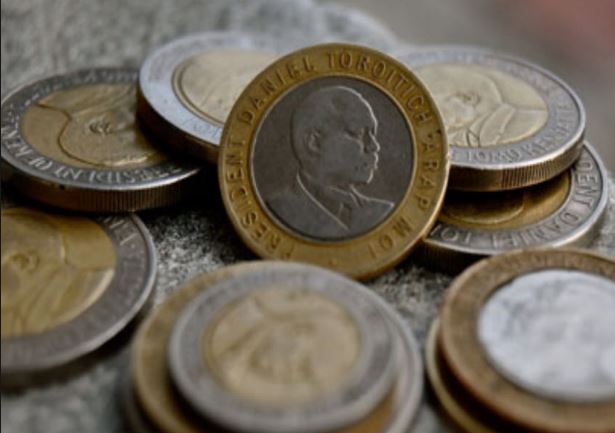×
The Standard e-Paper
Smart Minds Choose Us

A few miles from the resplendence of Parliament where Treasury Cabinet Secretary Henry Rotich delivered his budget on Thursday, Deborah Mwandagina, deputy headteacher of a primary school in Nairobi’s Mukuru slum, is unimpressed.